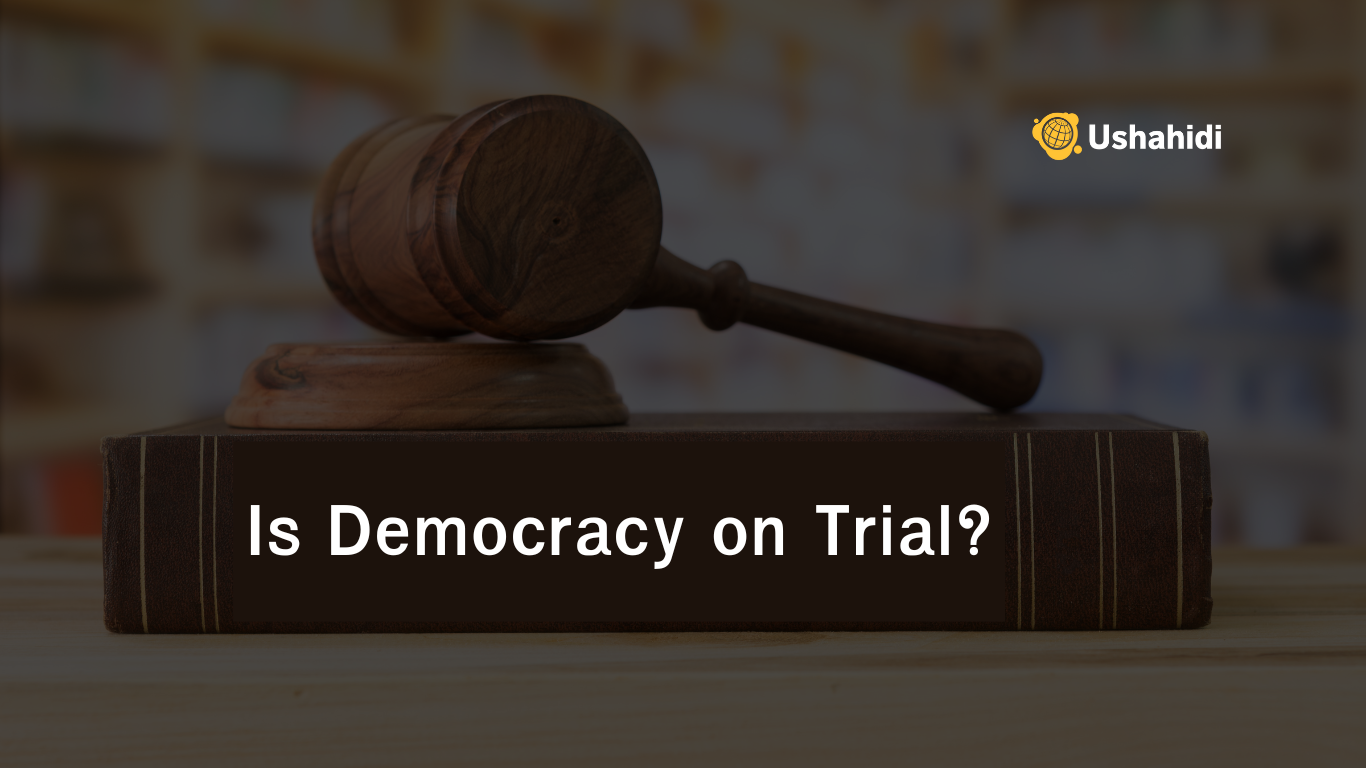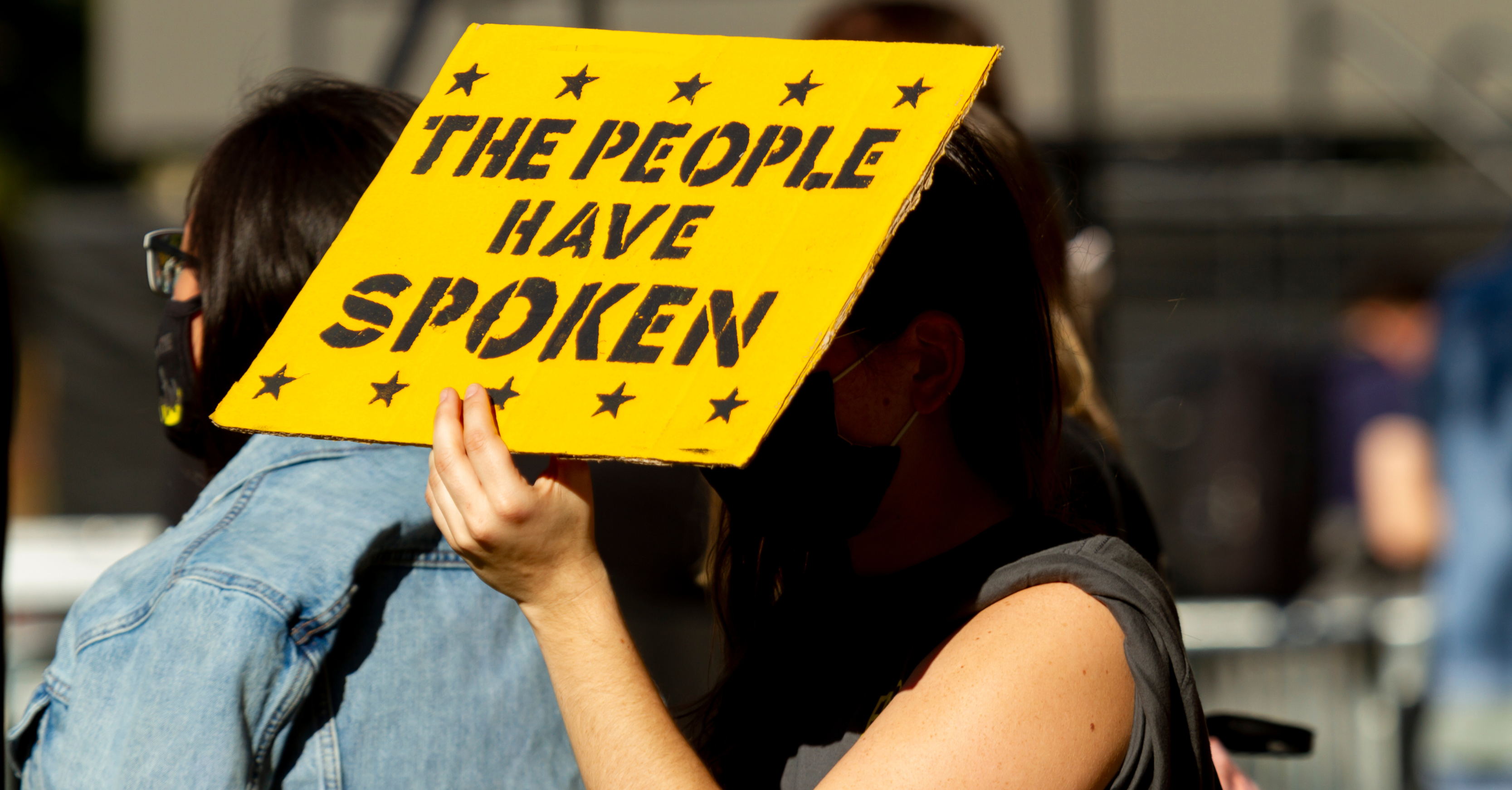With almost half of the world's population taking to the polls in 2024, is democracy on trial?

Nov 11, 2024

2024 stands out as a significant moment in the global electoral calendar. With over 60 countries participating in elections and numerous others witnessing civic protests over governance issues, this year will serve as a litmus test for the health of democracies worldwide. As noted by political analysts, “Elections have become the defining moment for assessing both the promise and peril of democratic governance”.
The Power of a Vote—and What Comes Next
For many, the act of voting is both the simplest and most powerful form of civic participation. The integrity of the process, the fairness of the count, and the actions of those elected are what truly define a democracy.
India’s recent elections highlighted this dual reality. While the ruling Bharatiya Janata Party (BJP) retained power, there was significant pushback on social issues, with citizens signaling their growing expectation for leadership that tackles economic disparities and champions inclusivity. This shift in voter behavior mirrors a global trend where people are voting for tangible change, not just promises.
In some countries, elections are regarded as formalities rather than robust democratic processes. For instance, in Azerbaijan, President Ilham Aliyev’s government won over 92% of the vote, with no other candidates openly challenging his leadership. Amnesty International reported concerns regarding tight governmental controls, limited media access, and restricted dissent, describing these as factors that influenced the electoral process. Cases like these illustrate the challenges some democracies face in maintaining transparency and broad participation in the electoral process.
Civic Engagement Beyond the Ballot Box
Yet democracy is not defined by elections alone. It thrives in the spaces between, where public participation and discourse breathe life into governance. If this year’s events are anything to go by, we see that elections are neither the beginning nor the end of civic participation. Protests have emerged as powerful expressions of civic frustration and resolve. In Kenya, widespread demonstrations erupted over the Finance Bill 2024 and rising economic burdens. Citizens organized and mobilized, asserting their right to be heard in a system that they felt was failing them.
 Source: Canva.com
Source: Canva.com
These movements make a vital point: Civic engagement is about the constant push and pull between the governed and those who govern. It’s in the activism of communities that stand up to power and the collective demand for better. Protests, in theory and practice, are a declaration that democracy is not a spectator sport.
This year has shown that the motivations behind such movements are often rooted in economic realities. Rising costs, inflation, and unequal wealth distribution can be the spark that ignites civic action. France and the United Kingdom have both seen how economic stress tests the resilience of their democratic structures, driving people into the streets to demand change.
The Role of Technology in Modern Democracy
Today’s civic movements are amplified by technology, which serves as both a megaphone for the disenfranchised and a battlefield for control. Digital tools have revolutionized the way citizens interact, mobilize and participate in public discourse. Social media can fuel grassroots organization, break stories that mainstream channels overlook, and mobilize thousands in a matter of hours. Yet, as with any powerful tool, there are risks.
The rise of mis and disinformation campaigns in nations like Brazil and India underscores the fragile balance between an informed public and one swayed by disinformation. The ability to differentiate fact from fiction has become as essential as the right to vote. In the United States, debates rage over how tech giants manage their platforms, balancing free expression with the imperative to curtail harmful content. These discussions are vital for shaping a digital space that supports democracy, not undermines it.
However, we have seen instances where technology is used to monitor and stifle dissent. We’ve seen some cases where governments and security forces have been accused of honing their tools of surveillance and censorship. In countries like Mozambique, where post-election protests have been met with suppression, digital activism plays a risky game. The very platforms that give people a voice can also become instruments for those in power to identify and silence them.
Building Resilient Democracies
So, what keeps a democracy strong in the face of such multifaceted challenges? The answer lies in a combination of robust institutions, inclusive governance, and an empowered citizenry. Indonesia’s elections, rife with polarization and accusations of bias, reveal the cracks that appear when institutions lose public trust. Conversely, Senegal’s smooth electoral process serves as a model of how transparency and adherence to democratic norms can reinforce that trust.
But perhaps the most telling lesson from 2024 is that civic education is indispensable. Informed citizens are empowered citizens. Initiatives that teach people about their rights, the electoral process, and the importance of engagement are essential for sustaining a democracy that works for everyone. Guatemala’s grassroots campaigns have shown how this knowledge can transform a community, boosting voter turnout and prompting conversations on long-overlooked social and economic issues.
The Interplay of Economy and Governance
Economic realities have always influenced political ones, but in 2024, that interplay is more visible than ever. In France, Bangladesh, Kenya and the UK, economic discontent has acted as both a catalyst and a barometer for civic action. It lays bare the weaknesses of governance and tests the promises made by those in power. When citizens feel the sting of inequality and the burden of failing public policies, they take to the streets—not out of choice, but necessity.
In the United States, discussions about governance increasingly center on economic disparities, voter access, and social policy. The energy behind movements advocating for equitable economic structures and better representation reflects a society wrestling with questions of who gets to shape its future. It’s a discourse that resonates far beyond U.S. borders, echoing in countries where economic precarity has driven citizens to act.
 Source: canva.com
Source: canva.com
This year’s events have made it clear that democracy is both fragile and fiercely resilient. Its survival hinges on the strength of institutions, the vigilance of citizens, and the adaptability of governance to new challenges, from economic shifts to digital revolutions. We are reminded that democracy is not self-sustaining. It needs champions at every level—from policymakers willing to uphold transparency, to community leaders inspiring participation, to individuals determined to stay informed and engaged. But above all, it relies on an unwavering commitment to its core principles: accountability, participation, and the protection of human rights.